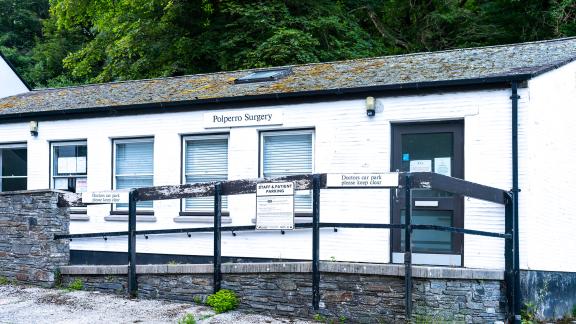Herefordshire and Worcestershire STP mental health pilot

This example is one of three models of partnership working that are currently underway in primary care to support mental health at place level. Find out more in our briefing, Working Together to Improve Patient Care: How PCNs are Working in Partnership to Support People’s Mental Health.
The context
Herefordshire and Worcestershire STP successfully bid for transformation funding from NHSEI to develop and test a new model of community mental health support for a rural population. The pilot, which went live in October 2020, aimed to test out how to remove the barriers between primary and secondary care and provide mental health support at place level.
The funding was used to develop this new place-based model for 50 per cent of the STP’s 787,000 population, supporting adults and older adults with a general mental health need. The STP is employing seven new locality teams with five in Herefordshire and two in Worcestershire. This new community team replaces the existing mental health teams, recovery teams and primary mental health teams, and the number of new teams is dependent on the population size.
The model
The pilot aims to meet local mental health need, so includes patients who present to primary care with mental health and distress issues and people with mild to moderate personality disorder and eating disorders. It is not threshold based, so a GP can request support for any patient where there are concerns about a patients’ mental health.
The model is seamless and works on a no referral and no discharge basis. The new teams operate as part of the primary care team, so if the GP thinks a patient would benefit from seeing the mental health team, the GP can suggest this to the patient in the same way that they would suggest seeing the practice nurse. The patient will be booked in with the locality mental health team, seen and assessed within four weeks, and a plan put in place. This plan could result in the patient seeing the core mental health team, but if they have more specialist or urgent help, they could be seen by specialist mental health services. If they have non-clinical issues that impact on their mental health, such as housing or finance issues, they can be referred on to appropriate services that may be provided by the voluntary sector.
There are no discharge arrangements, so if a patient needs to be seen again, their case will be reactivated so they will not need to be re-referred.
As part of this shared model of flexible care, GPs are expected to provide support for this group of patients’ physical health needs. For example, providing physical health checks for patients with serious mental illnesses.
New workforce
The STP is adding 45 staff as part of this new model, bringing the total number of staff to 120, divided among the local teams. Each team will have 12-15 members of staff, including a psychologist. This has increased the number of assessment slots from 60 to 112 and allows for a 40-50 per cent increase in the number of patients they can support. This is a significant new resource that will allow the service to support people who previously would not be able to access to care.
“It is a genuine new resource. We have been working with our PCNs for past ten months to develop the service. The quid pro quo is that we are putting in mental health support, but would expect support with physical health care needs, such as SMI (serious mental illness) health checks, from primary care.”
Chief Operating Officer, Mental Health Trust



